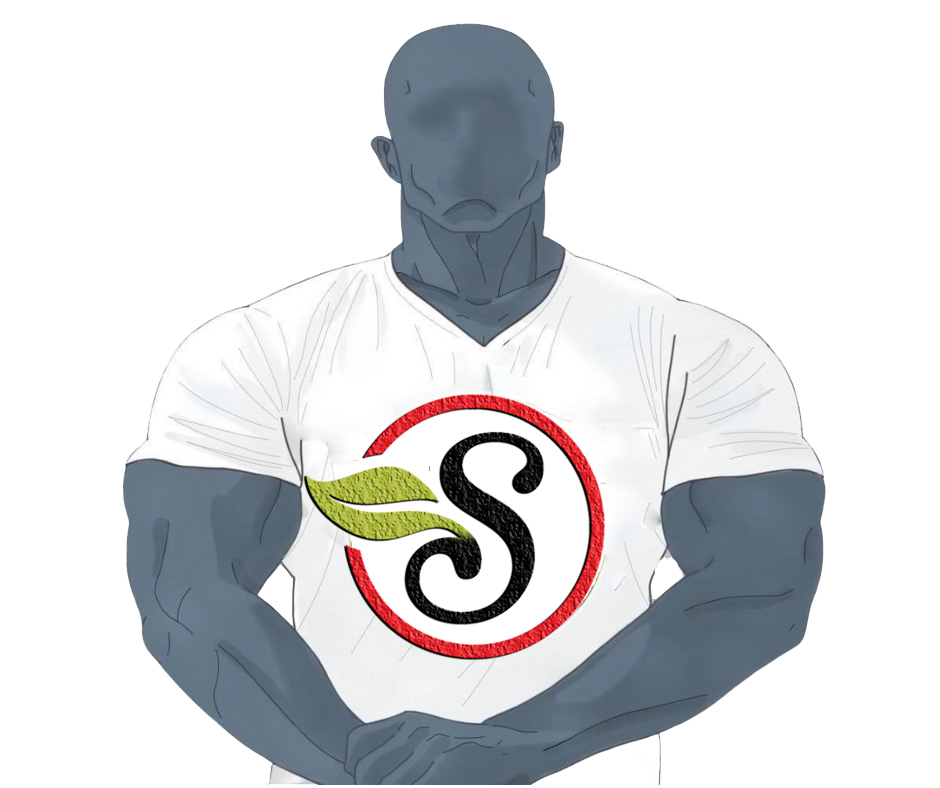Wormwood
Wormwood (Artemisia absinthium) is a perennial herb with sweet smelling, sliver-green, feathery foliage and rows of small yellow flowers. Native to Europe, Asia and Africa, and naturalized to the Americas. Mentioned numerous times in the Bible, used in ancient Egypt, and in witchcraft throughout the ages
Wormwood derives its name from its proven ability in folk medicine to remove intestinal worms. Used medicinally for gastrointestinal ailments and skin problems.
Wormwood is famous for its extremely bitter taste. Its whitish-grey fuzzy leaves give off a strong, acrid smell when crushed. Today it is best known as the primary additive to the liquor absinthe.
Less commonly, wormwood has been smoked, brewed into tea or an oil extract for its mild psychoactive effects. Despite its reputation, wormwood is not a hallucinogen. Like camphor, thujone causes seizures in sufficiently massive dose ranges, which, rarely, can be fatal.
Can be used as an organic pesticide to repel various pests such as ants, fleas, flies, insect larvae, mice, and moths.
Active Compounds: Flavonoids, Lignans, Volatile oil, Phenolic acids
Medical Properties: Anodyne, antiseptic, anthelmintic, anti-diarrhetic, antipyretic, anti-parasitic, narcotic, tonic, vermifuge, regulates menstruation. It is also used to treat stomach, intestinal, liver and kidney problems. Used as an antidote for poisoning by hemlock and poisonous mushrooms.
Safety: Due to the presence of thujone, do not take this herb long-term or in large mass quantity.
Common name: Wormwood
Family: Compositae
Genus: Artemisia
Species: Absinthium
Parts Used: Leaves, aerial tops
Extraction: Pure water
Origin: China
Particle Size: 80 mesh
AKA: Absinthe, Green Ginger, Madderwort, Absinthe wormwood, common wormwood, Grand wormwood, Old man.

